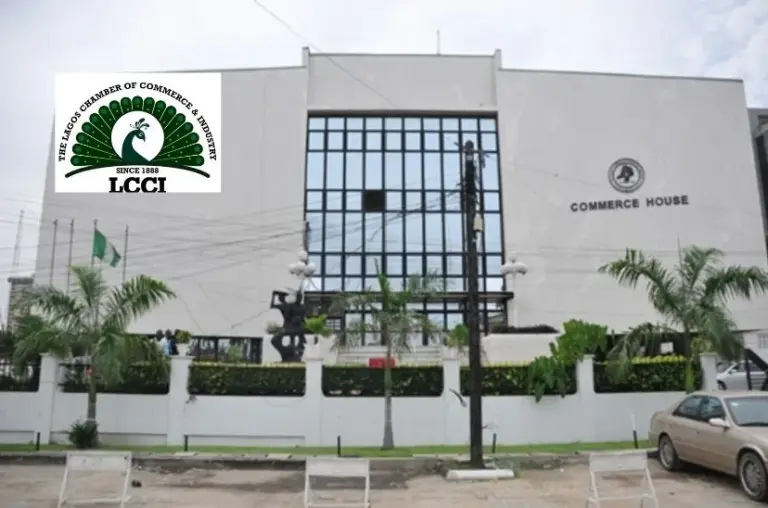The Lagos Chamber of Commerce and Industry (LCCI) has emphasized the importance of aligning Nigeria’s newly adopted Nigeria First Policy with regional and continental trade frameworks, particularly the African Continental Free Trade Area (AfCFTA).
In a statement signed by Chinyere Almona, Director General of LCCI, the Chamber commended the policy’s vision but warned that its implementation must prioritize strategic diplomacy and global competitiveness—not protectionism.
Balancing National Priorities with Continental Commitments
Approved by the Federal Executive Council (FEC), the Nigeria First Policy aims to boost local production, reduce import dependency, and empower domestic businesses. According to LCCI, the policy has the potential to drive transformative economic change—if executed thoughtfully.
“This is a timely and encouraging policy direction,” said Almona. “It echoes our long-standing call for a resilient, self-sustaining national economy. If properly implemented, it could generate employment, ease pressure on foreign exchange, and stimulate sustainable growth over the medium to long term.”
However, the Chamber emphasized that for these benefits to be realized, Nigeria must ensure the policy is executed within a coherent, transparent, and well-coordinated framework—one that addresses entrenched economic challenges.
LCCI’s Recommendations for Effective Implementation
Almona stressed that implementation should be based on economic pragmatism, consistent legal frameworks, and institutional accountability. She urged the government to actively support local industries through:
-
Investment in critical infrastructure
-
Affordable financing for manufacturers and entrepreneurs
-
An improved ease-of-doing-business environment
She further recommended targeted incentives such as tax breaks, research and development grants, and backward integration programs—especially for high-potential sectors like agro-processing, manufacturing, and ICT.
“The reality is that many domestic producers still struggle with high energy costs, expensive logistics, limited access to credit, and regulatory bottlenecks,” Almona explained. “These issues must be addressed head-on to ramp up production and industrial output.”
Government Must Lead by Example
LCCI also called for strict adherence to local content rules across all tiers of government procurement. Transparent and inclusive procurement processes, especially those that empower SMEs, are key to preventing elite capture and promoting fair competition.
Almona emphasized the need for harmonized policies across ministries and agencies, supported by enforceable legislation to avoid duplication, contradictions, or regulatory confusion.
Developing Talent and Driving Innovation
The policy, according to the Chamber, must be matched by robust investments in vocational and digital skill development to prepare the workforce for modern economic demands. Strong collaboration between government, academic institutions, and the private sector is essential for innovation and talent development.
Call for Inclusive Implementation and Oversight
To ensure impact and accountability, LCCI advocated for a multi-stakeholder monitoring and evaluation framework. This should include regular public reporting and data-driven assessments to track progress, ensure transparency, and refine the policy as needed.
“We urge the government to fully involve the private sector as a vital partner in shaping and executing the Nigeria First Policy,” the LCCI said. “We’re ready to collaborate on building strategies that deliver tangible, long-term value to Nigerians.”

